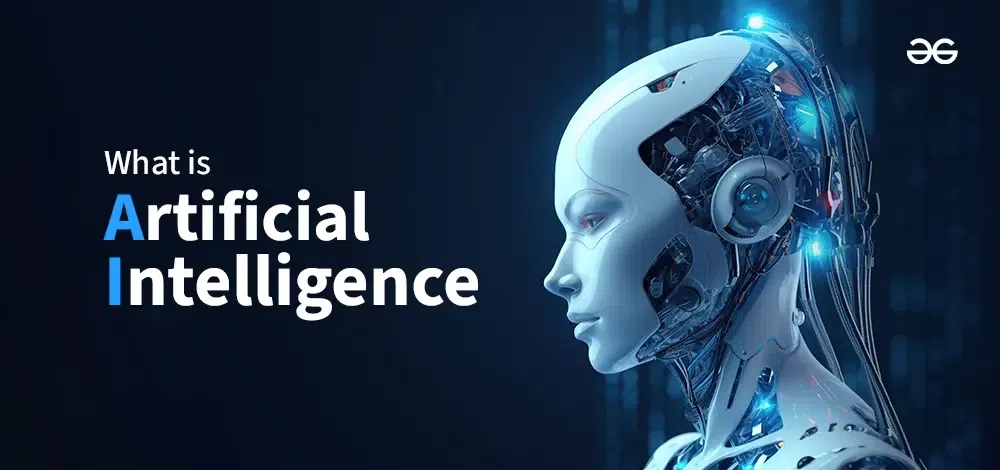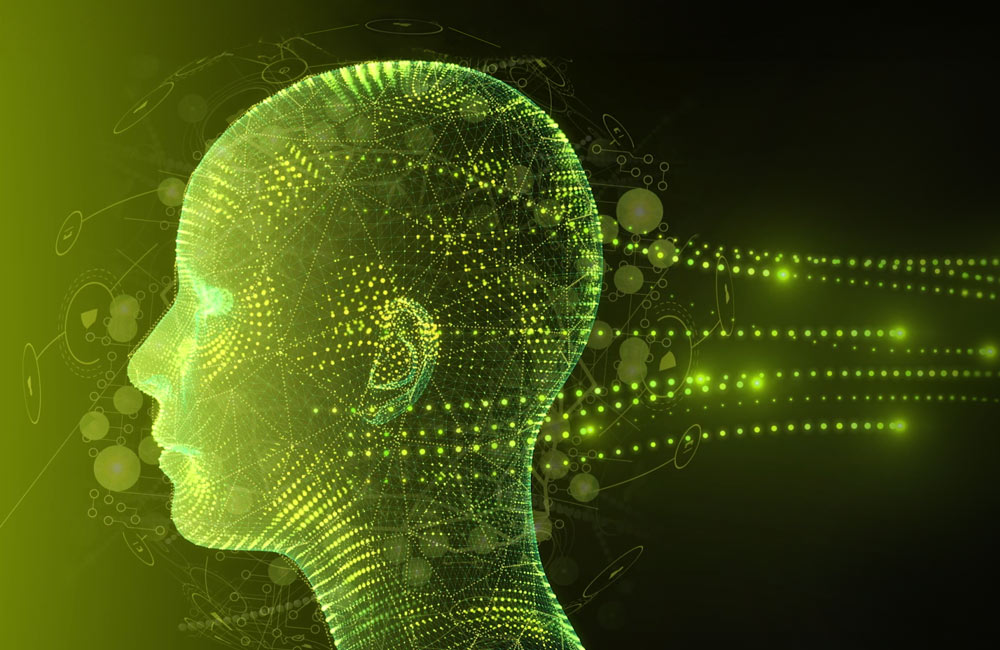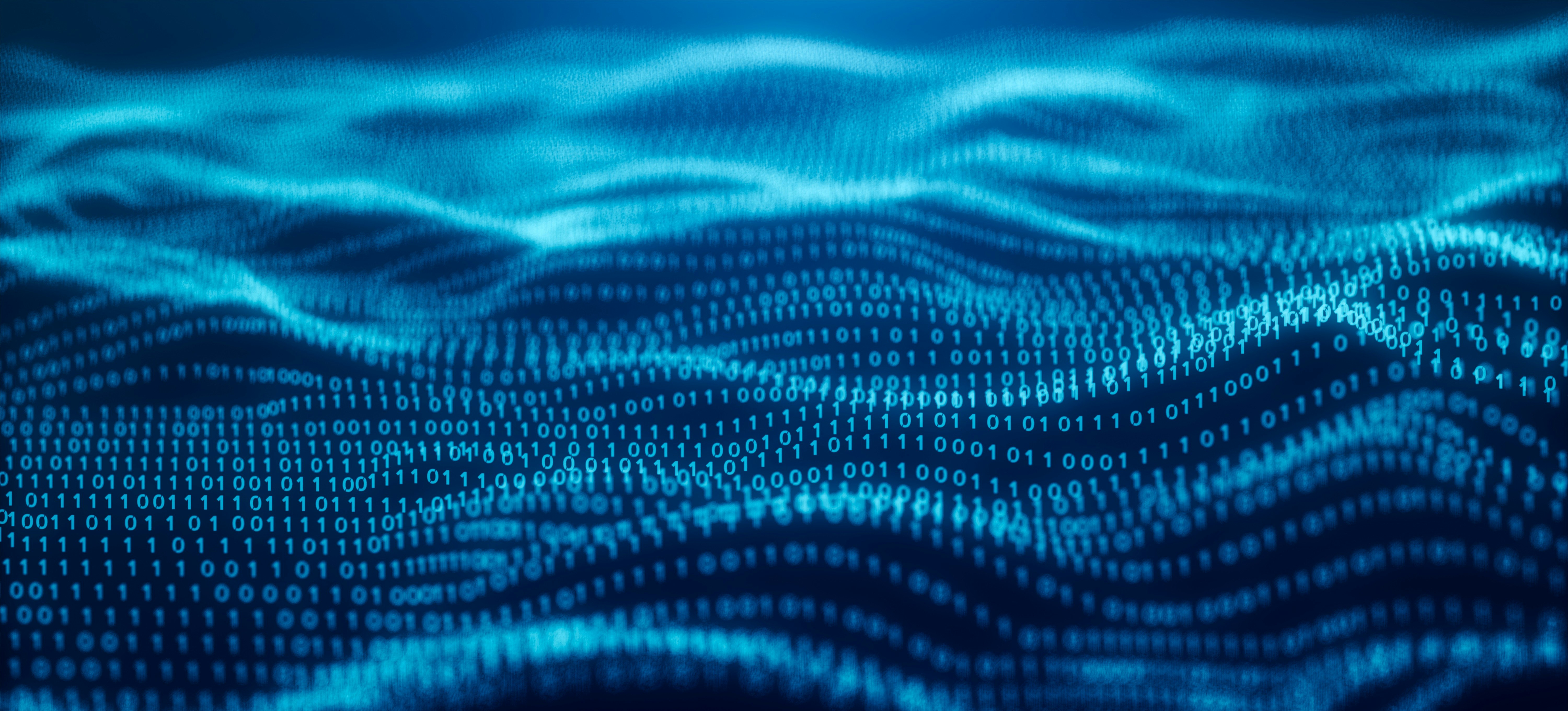Technology is altering our world at an amazing speed! Its sweeping modifications can be found everywhere and they can be explained as both thrilling, and at the very same time terrifying. Although individuals in many parts of the world are still attempting to come to terms with earlier technological transformations in addition to their sweeping social and educational ramifications - which are still unfolding, they have been awoken to the reality of yet another digital transformation - the AI transformation.
Expert System (AI) innovation describes the ability of a digital computer or computer-controlled robot to carry out tasks that would otherwise have been carried out by humans. AI systems are created to have the intellectual processes that identify humans, such as the ability to reason, discover meaning, generalize or discover from previous experience. With AI innovation, vast amounts of information and text can be processed far beyond any human capability. AI can likewise be utilized to produce a large range of new material.
In the field of Education, AI innovation includes the possible to enable new types of teaching, discovering and educational management. It can also improve finding out experiences and assistance instructor tasks. However, regardless of its favorable potential, AI also postures substantial risks to students, the teaching neighborhood, education systems and society at large.
What are a few of these dangers? AI can minimize teaching and learning procedures to calculations and automated jobs in manner ins which cheapen the role and influence of instructors and damage their relationships with learners. It can narrow education to only that which AI can process, model and provide. AI can likewise aggravate the around the world lack of qualified teachers through disproportionate spending on technology at the expense of financial investment in human capacity development.

The usage of AI in education likewise creates some fundamental concerns about the capability of teachers to act actively and constructively in identifying how and when to make sensible use of this technology in an effort to direct their professional growth, discover options to difficulties they face and improve their practice. Such basic questions include:
· What will be the function of teachers if AI innovation become commonly implemented in the field of education?
· What will assessments look like?
· In a world where generative AI systems seem to be developing brand-new capabilities by the month, what skills, outlooks and proficiencies should our education system cultivate?
· What modifications will be required in schools and beyond to help students strategy and direct their future in a world where human intelligence and device intelligence would appear to have ended up being ever more closely connected - one supporting the other and vice versa?

· What then would be the purpose or wiki.snooze-hotelsoftware.de role of education in a world dominated by Artificial Intelligence technology where humans will not always be the ones opening new frontiers of understanding and understanding?

All these and more are daunting questions. They require us to seriously consider the issues that occur relating to the execution of AI technology in the field of education. We can no longer just ask: photorum.eclat-mauve.fr 'How do we get ready for an AI world?' We must go deeper: users.atw.hu 'What should a world with AI appearance like?' 'What functions should this powerful technology play?' 'On whose terms?' 'Who chooses?'

Teachers are the main users of AI in education, and archmageriseswiki.com they are expected to be the designers and facilitators of trainees' learning with AI, the guardians of safe and ethical practice across AI-rich instructional environments, and to serve as role designs for lifelong learning about AI. To assume these duties, teachers need to be supported to develop their capabilities to utilize the potential advantages of AI while alleviating its risks in education settings and wider society.
AI tools ought to never be developed to replace the genuine accountability of instructors in education. Teachers need to remain responsible for pedagogical decisions in using AI in teaching and in facilitating its uses by trainees. For instructors to be accountable at the practical level, equipifieds.com a pre-condition is that policymakers, instructor classifieds.ocala-news.com education organizations and schools presume duty for preparing and supporting instructors in the correct usage of AI. When introducing AI in education, legal defenses should also be developed to secure teachers' rights, and long-term financial commitments need to be made to guarantee inclusive access by teachers to technological environments and basic AI tools as essential resources for adjusting to the AI era.

A human-centered approach to AI in education is critical - a method that promotes key ethical and
practical concepts to help manage and direct practices of all stakeholders throughout the entire life process of AI systems. Education, offered its function to protect as well as help with development and learning, has an unique commitment to be completely familiar with and responsive to the risks of AI - both the known threats and those only simply appearing. But too often the dangers are ignored. Using AI in education for that reason needs cautious factor to consider, bbarlock.com including an assessment of the progressing roles teachers require to play and the competencies required of instructors to make ethical and effective usage of Artificial Intelligence (AI) Technology.
While AI uses chances to support instructors in both teaching along with in the management of discovering processes, significant interactions in between instructors and trainees and human growing ought to remain at the center of the academic experience. Teachers should not and can not be changed by technology - it is important to protect instructors' rights and guarantee appropriate working conditions for them in the context of the growing use of AI in the education system, in the office and in society at large.







